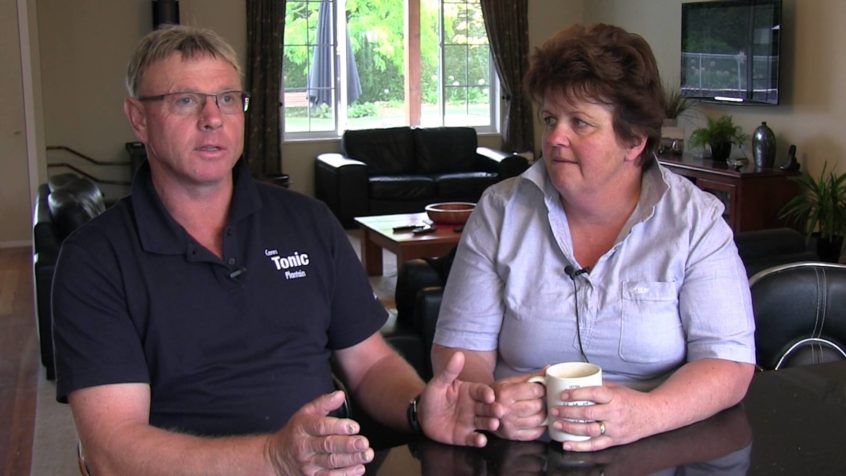Last week ECan was given a ‘wake-up call’ by Forest and Bird when they pointed out there were 376 serious breaches of water consents in the 2013/14 year. Yesterday Forest and Bird followed that up by showing that ECan also has the lowest levels of monitoring and the lowest levels of enforcement actions for each consent breach.
Last week ECan was given a ‘wake-up call’ by Forest and Bird when they pointed out there were 376 serious breaches of water consents in the 2013/14 year. Yesterday Forest and Bird followed that up by showing that ECan also has the lowest levels of monitoring and the lowest levels of enforcement actions for each consent breach.
Although Waikato Regional Council’s figures were notably missing, according to the figures released the differences across regions are stark. Regions that are traditionally strong in dairy, such as Taranaki, had far higher levels of monitoring, compliance and enforcement than ECan. Even other regions with high numbers of water consents compared to Council resources, such as the West Coast, fared better than ECan.
ECan have responded that enforcement is not always the answer to a consent breach, instead education may be appropriate. This is no doubt true in certain instances, but this doesn’t explain why ECan are an outlier compared with other Councils. This is not a great look for an unelected Council, and puts question marks over the use of Commissioners in the future.
We know that farmers can be profitable and sustainable, and they don’t need to breach consents to do so. Roz and Craige Mackenzie from Greenvale Pastures Ltd are just one of many examples of this, the video shows how they do it. We need to ensure more farmers are farming at this standard.
ECan are relying on independently audited Farm Environment Plans to improve farm management in the region. They are aiming to have plans in place for 5000 farms across the region by 2018. According to ECan Chief Executive Bill Bayfield the plans will
identify environmental risks and provide farmers with information on how to improve farm management.
Critics point out that the main tool they are using to create these Farm Environment Plans – a model known as OVERSEER – is not calibrated to deal with the coarser Canterbury soils. Hence, the Plans may not be based on good information. Of course the ability of the independent farm advisers is also crucial.
Craige and Roz have been acknowledged for their approach by receiving a Ballance Farm Environment Award in 2013. Craige has also recently been appointed to the Ministry for the Environment’s Water Allocation Technical Advisory Group – congratulations Craige! As you’ll see in the video Craige can even control his irrigation from a meeting in Wellington.

